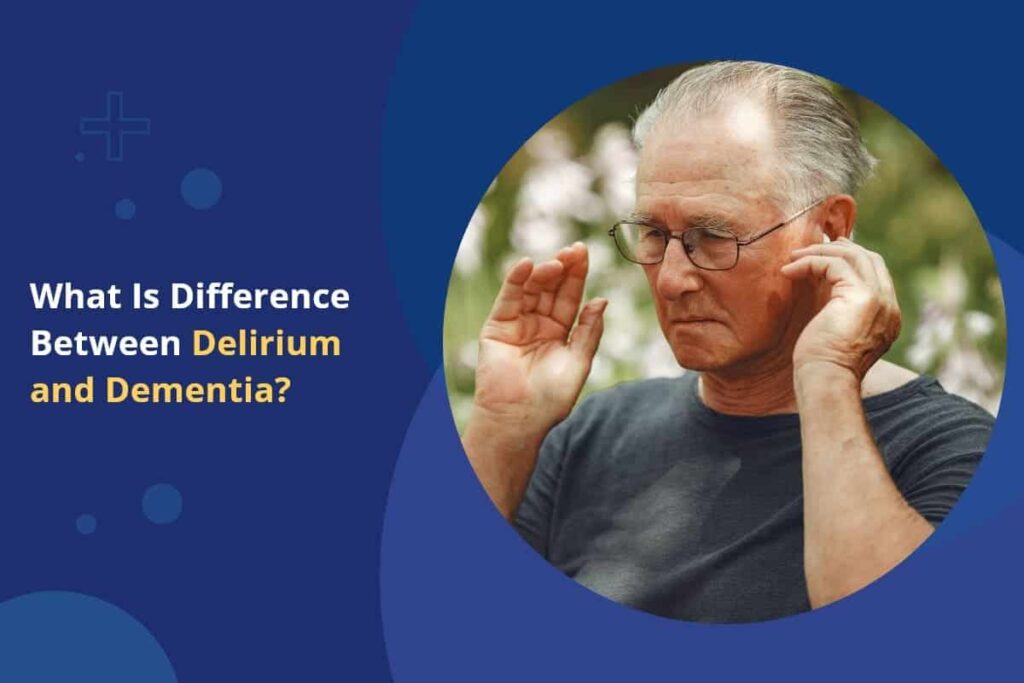 What is Delirium?
What is Delirium?
Delirium, often referred to as acute confusional state, is a sudden change in mental status characterized by confusion, disorientation, and difficulties in focusing attention. This condition, classified as a delirium disorder or delirium disease, can fluctuate throughout the day and is usually a temporary condition. In severe cases, it can manifest as delirium tremens, particularly noted in severe alcohol withdrawal.
Understanding the distinction between delirium and dementia is crucial for effective patient care, as both conditions, while different, can coexist and often cause confusion in diagnosis. Jagruti Dementia Centre, renowned for comprehensive dementia treatment in Pune and Mumbai, provides insight into these conditions, their differences, and treatment approaches.
What Causes Delirium?
Delirium can be triggered by various factors, including severe or chronic illness, changes in metabolic balance (such as low sodium), medication, surgery, or alcohol or drug withdrawal. It’s often seen in hospital settings, especially in older adults, and requires immediate medical attention to identify and manage the underlying cause.
Delirium Treatment
Hospital delirium treatment involves addressing the underlying cause, managing symptoms, and providing supportive care. This may involve adjusting medication, treating the underlying illness, and ensuring good nutrition and hydration. Environmental modifications and supportive interventions like orientation cues and regular sleep-wake cycles can also be helpful.
Difference Between Delirium and Dementia
While both delirium and dementia can result in confusion and disorientation, there are key differences:
Onset: Delirium occurs abruptly, often within hours or a few days, whereas dementia is a gradual, progressive decline in cognitive function.
Duration: Delirium is usually a temporary condition that resolves upon treatment of the underlying cause, while dementia is a chronic, progressive condition.
Attention: Patients with delirium often have significant difficulty maintaining focus, whereas in early dementia stages, attention is usually preserved.
Fluctuation: Delirium symptoms can fluctuate significantly throughout the day, while dementia symptoms are relatively stable and progress slowly over time.
Jagruti Dementia Centre, one of the leading dementia care centres in Mumbai and Pune, is equipped to provide holistic care for individuals suffering from dementia. Understanding the differences between delirium and dementia is a critical aspect of patient care, and our expert team is committed to delivering the best in both assessment and treatment.
If you or a loved one require assistance in managing dementia or clarifying a diagnosis, don’t hesitate to reach out to us. Our dedicated team is ready to help.
(Note: While this blog does its best to provide accurate information, it’s crucial to consult with a healthcare professional for diagnosis and treatment. This blog is informational and does not replace professional advice.
